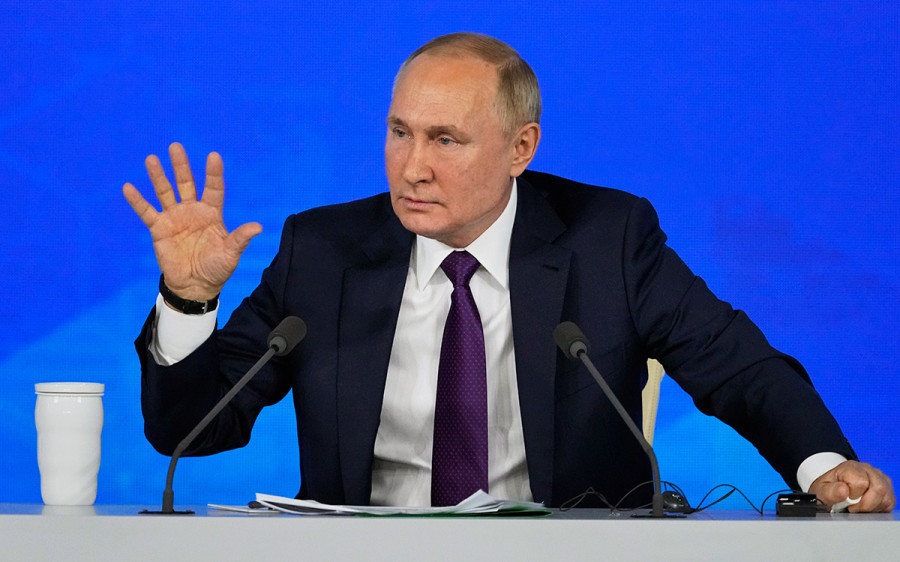Russia again sends Vladimir Medinsky to negotiations—the same man who tried to dictate Ukraine’s surrender terms in 2022.
Today, new negotiations on a possible end to the war between Ukraine and Russia are set to begin in Istanbul. Ukrainian President Volodymyr Zelenskyy has headed off to Turkiye, but signs of real progress remain weak.
According to The Wall Street Journal, Russian ruler Vladimir Putin has ignored Zelenskyy’s call for a personal meeting and instead sent a delegation to Turkiye headed by Vladimir Medinsky and Deputy Defense Minister Alexander Fomin—the same officials who represented the Kremlin during the failed talks in 2022. At that time, Moscow attempted to impose de facto surrender terms on Kyiv.
During negotiations in Istanbul in 2022, Russia demanded that Ukraine appoint pro-Russian ex-MP Viktor Medvedchuk as head of state. Moscow also insisted on full control over Donbas, requiring Ukraine to amend its Constitution to recognize this, reduce its military to 50,000 personnel, and hold a referendum on adopting a neutral status.
The 2022 Istanbul talks yielded nothing, and what followed were the atrocities committed by Russian forces in Bucha.
On 6 April 2022, Medinsky tried to deny reports of mass killings in Bucha, claiming that Ukraine allegedly staged the atrocities committed by Russian troops.
Since 2017, he has been under US sanctions, and since 2022, under Canadian sanctions for his active role in spreading disinformation justifying Russian aggression against Ukraine.
Despite earlier hints from US President Donald Trump about possible personal participation in the negotiations, it was later revealed that he declined to travel to Turkiye. Secretary of State Marco Rubio and envoys Steve Witkoff and Keith Kellogg lead the US delegation.
Ukraine’s Minister of Foreign Affairs, Andrii Sybiha, met with Rubio on Thursday morning to “coordinate positions during this critical week.”
The negotiations are taking place amid mounting pressure on the Kremlin and efforts to involve both Ukraine’s international allies and mediators capable of influencing Moscow. The very composition of the Russian delegation, according to experts, only underscores that real concessions from Russia are not on the table at this stage.




